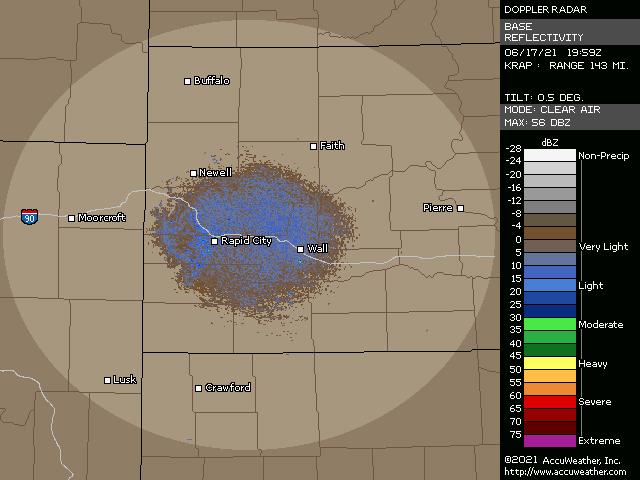Religion and politics, as we know, don’t mix in polite company. A discussion will quickly become heated as we hear what we want to hear, rather than actually engaging the debate. One of the *many* problems is a simple definition of terms. What are we actually talking about when we say religion and politics? Religion, as expressed as Christianity, seems rather straightforward—the teachings of the Bible through Jesus as experienced by the church and ultimately individual believers—though the expression explodes into a cacophony of voices. Politics may be cause more problems with a clear discussion, because we often confuse politics with policy.
Let me sum up. Like any factor—race, gender, geographic location, etc—my Christian faith may influence my politics. But when I’m talking politics, am I talking my political orientation (liberal/conservative, Republican/Democrat) or am I talking about specific policy (abortion, tax policy, farm subsidies)? The role that my, or anybody’s faith, may play, depends upon what we are talking about—political orientation or policy.
That then leads to two questions:
1. Is there a Christian political orientation?
2. For a specific policy, is there a Christian position?
Within the American liberal democracy framework I would argue no (with caveats) to the first question and maybe to the second question.
The obvious answer to a Christian political orientation is that there ain’t one. A good, faithful Christian may be a liberal or conservative, Republican or Democrat, libertarian or Green. And in each of those cases a faithful Christian has Christian reasons for that orientation. Nevertheless, our religion (if it means anything) ought to impact how we see and experience the world. In this our religion is like other factors—geography (north/south, urban/rural), sex, occupation, martial status, income—that affects political orientation. This does not degrade the importance of religion; rather it recognizes that great truth that all politics is local. To me religion in this context provides a framework for understanding both the goal of politics and its importance.
In a Christian sense our faith in Jesus ought to direct our political orientation to humility, grace, mercy, justice, and love.* We ought to understand that our politics begins with the simple statement to love our neighbor as ourselves, and love God with all body, mind, and soul. My religion guides me in how to approach politics (which, if anything, is the ordering of human relationships), but does not prescribe how I ought to pursue justice in a political context.
Additionally, my Christian faith ought to put politics in context. Simply put, politics is not salvation. And though politicians trade in hope, it is not the hope. And even for those who care little for religion you don’t change society through politicians and new laws, but through influencing/affecting/moving the American people. Politics is important and fun to follow, but it is not a leading indicator…
(We’ll tackle religion and policy in a later post.)
*
I am emphatically not implying that only Christians or other religious believers approach their politics in this manner.










